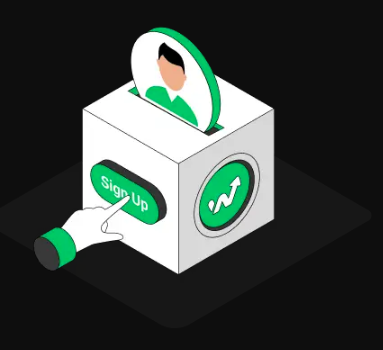The Different Aspects of CFD Trading: Whether or Not it is Suitable for You
CFD trading has now forex trading platform the most preferred choice among individuals who want to exploit the price movement in an underlying asset without holding that asset. No matter whether you are thinking of entering into your first trade or adding to your investment portfolio, the pros and cons of Contracts for Difference (CFDs) are essential for better and informed decision-making.
Perhaps the finest thing in CFD trading is leverage. CFD leverage explained essentially, means that you hold a very large position with only a little deposit.
For instance, at 10:1 leverage, you can control a position worth $10,000 with a $1,000 investment. Such amplification can make your potential returns sky-high--but, as we will discuss later, this works both ways.
CFDs offer freedom from the common limitation of profit by price rises when the market is up and gaining your profits while losing them when it goes down. Therefore, you can just as easily open a "sell" position along with a "buy" position, with the option of profit in a declining market-the main advantage that CFD trading has during periods of economic instability.
Due to leverage CFD trading is way less costly than common investing, since only a small margin ne,eds to be deposited instead of the total value of the asset. Financial markets become much more accessible to aspiring traders with less capital through this opportunity.
No Ownership Complications
Trading in CFDs frees you from some of the best forex trading platforms that would have otherwise accompanied actual ownership. CFD traders do not have to think about the costs of storage for commodities or stockholder responsibilities for shares. This eliminates most administrative headaches while keeping exposure to price movements.
Conclusion
Perhaps, CFD trading would be profitable; however, that mainly goes down to factors such as your situation, the level of knowledge you have, discipline, as well as the approach in managing risks. For example, if you have a fairly high risk appetite, good market awareness, prefer short-term time frames, have time for active monitoring as well as fairly good CFD trading approaches, these instruments would define trading.
Otherwise, for those traders who would have lower-risk strategies, looking for passive income, have a small capital base to risk, would not have time to analyse and prefer ownership rights, probably traditional investing would serve their purpose much better.

.png)
Comments
Post a Comment